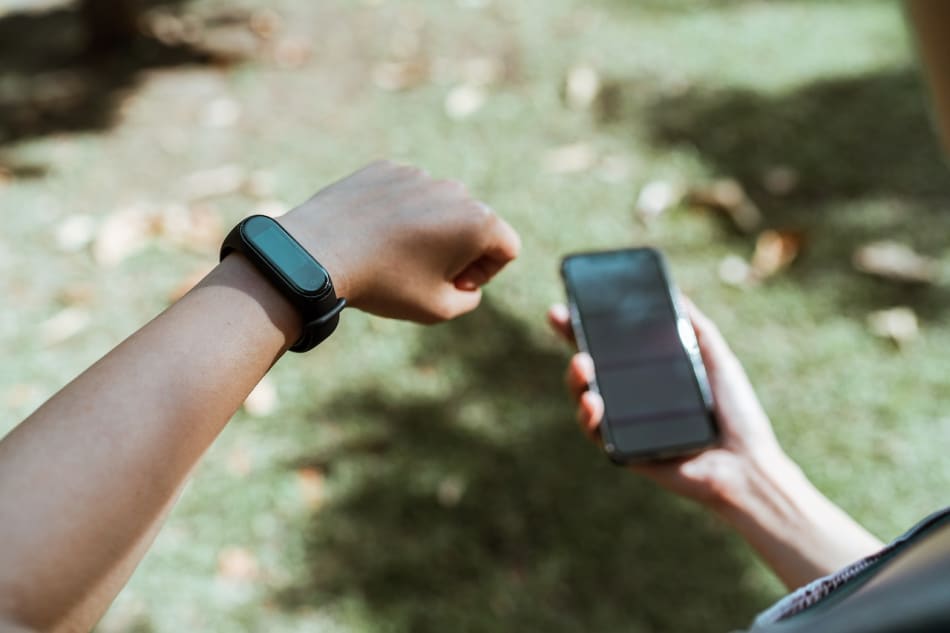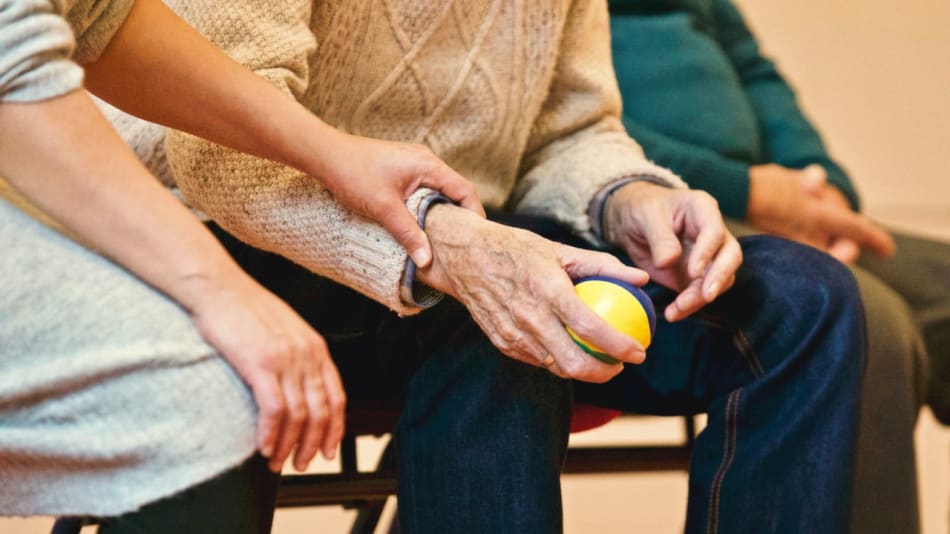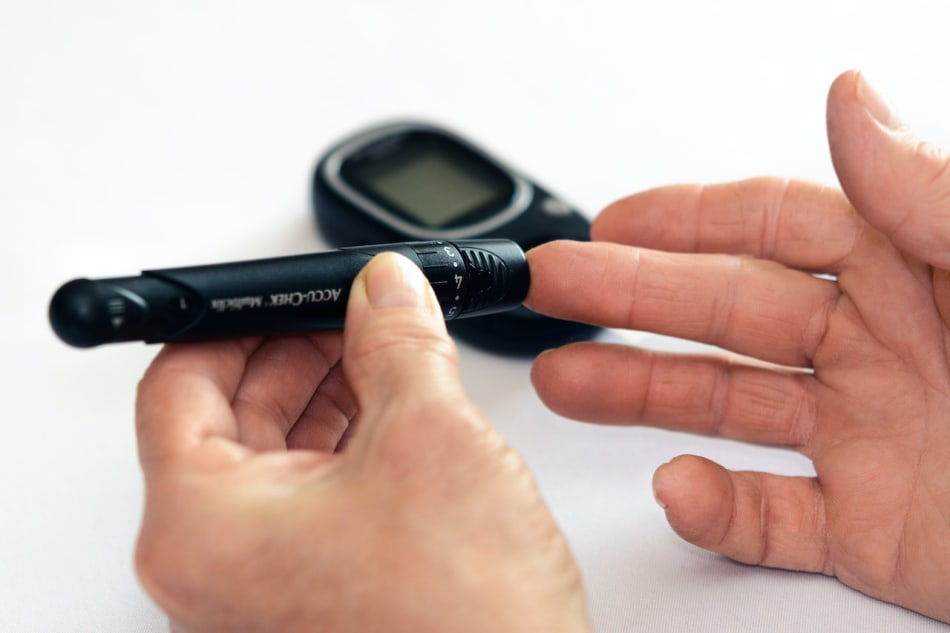




Diverse People, Diverse Perspectives
Waracle is an inclusive, inspiring & developmental home to the most talented and diverse people in our industry. The perspectives offered in our insights represent the views and opinions of the individual authors and not necessarily an official position of Waracle.
Key Insights



Every healthcare professional understands the macro challenge of effective care, is that every human is different and that the therapy, medication and treatment required to navigate an individual back toward good health is, well… personal.
The core idea of personalised healthcare is simple: make decisions for individuals based on data from that individual.
Whether it is demographic data, genetic information, healthcare record data or examination data of a person’s vitals, good quality data ‘in’ allows for better decision-making ‘out’. Simply put, better data means better patient outcomes.
50 years ago, personalised healthcare was having a Doctor who lived in your community, knew your family history and had treated you since birth… they had all the contextual, high quality information available to them that would allow for great decisions to be made on your behalf.
In the 21st century, the problem is not that the Healthcare professional duty of care is reduced, it’s simply a problem of scale.
That’s where digital innovation comes in.
Scaling certain personalised healthcare solutions that would have been unthinkable before the consumer mobile device age is now becoming a reality.
Let’s take a look at some of the key themes in the personalised healthcare space!

Devices, Data and Decision Making
The age of episodic health interaction (e.g. a 10-minute appointment with a doctor every 3 weeks) may soon fade into the rearview mirror.
Patients have much more control over their healthcare and expect the professionals to understand more than ‘how do you feel’ and ‘what your vital signs look like’.
Data relating to exogenous factors such as behavioural, social, environmental & genomic influences play a critical role in delivering value for patients and health systems writ large.
The game changer for this phase shift in health interactions is the consumer devices that are now ubiquitous and the non-standard data that they can generate.
Many people are unaware that your smartphone and smartwatch can provide a rich stream of information if utilised in the right manner. From the camera and microphone to the gyro meter and light sensor… and everywhere in between, our consumer devices can capture information about how you look, how you sound, how you move, how you react, where you are and how you got there. This data belongs to you, and it’s only right that you as the patient should leverage it to support your health and health needs.
This might sound like a worrying revelation, but it isn’t… taken in the context of a therapeutic area and the related condition management. The main reason for making an appointment at the hospital could be for a healthcare professional to evaluate your speech or movement… but imagine that data on your speech and management was being accrued persistently… and a machine learning algorithm was ambiently keeping an eye on ensuring your progress was not stalling or reversing.
This is very possible in the age of 5G, ubiquitous high-quality devices and cheap cloud-based data storage.
This means that the potential to lower dependency on highly skilled people doing basic in-person reviews, lower need for manually maintaining datasets and lower footfall in hospitals… with high-quality data informing high-quality decisions.

Gamification, adherence and feedback loops
Gamification is prolific in a lot of digital products, so you will be well acquainted with many of the principles, even if you aren’t familiar with the term.
Put simply, its the use of game psychology related to challenges, milestones, rewards and feedback loops, which we typically find in most video games
Gamification plays a huge role in healthcare apps and wider non-standard data collection. The methodologies utilised help drive adherence by establishing pre-defined desirable user behaviours and experience outcomes, which can be critical, as motivating a patient to log their daily activity or complete their tasks could be the difference between a clinical trial or drug adherence research being a success or failure.
The reason we think that this presents one of the biggest challenges and opportunities is that… to establish baselines for a future of digital data-infused personalised healthcare. Our design and subsequent development needs to ensure that people are engaging consistently and routinely to develop the kind of provably high-quality datasets that are required to ensure that systems don’t jump to conclusions or establish biases based on inactivity.
Our experience of building engaging applications, platforms and websites stands us in good stead to comment on this. We know how the intersection of features, functionality, slick UX, rewarding UI and reinforcing feedback loops can increase engagement and adherence on every application, be it a banking app, energy app, mental health support app or a mobile game.
To drive the innovation cycle for personalised healthcare, we believe that you need to guide people to do, exactly what you want them to do. That might be phoning into the ward every second day, but equally, that might be completing a cognitive challenge every four hours on their mobile device.
Adherence is quite simply the lifeblood of personalised healthcare.

The changing landscape of consumer devices
The advent of smartphone ubiquity changed the game forever… but the dominant form factor isn’t the only game in town.
Think about the proliferation of consumer-grade technology devices… Tablets, Watches, Ring, VR Headsets, AR glasses, Voice-enabled speakers, and IOT devices.
This has created many new ways in which these devices can support health monitoring, but it has also created a massive phase shift in medical devices.
Wearable Bluetooth-connected medical devices can now monitor your breathing, your blood sugar, your blood pressure and more vital signs as every week goes by.
Allowing these medical devices to interface with other devices via companion software means that near real-time monitoring has taken a gigantic leap forward as the device on your body speaks regularly to your phone, laptop or home computer to provide storage, context, analysis and secure transfer of data between your body and the health systems that monitor, evaluate and make decisions about your health.
It really is a brave new world.
Our Perspective
We know the limitations of our abilities. They are apparent when we interface with healthcare professionals in therapeutic areas, whose research and development endeavours are actually changing the landscape for care.
However, we also have unwavering faith in our discipline expertise. We know that in collaboration with the right healthcare businesses our expertise in creating engaging, sensor-leveraging mobile and wearable applications will allow our clients to push the boundaries when it comes to the next generation of personalised healthcare opportunities. As healthcare and technology become more symbiotic we truly believe the only out come will be healthier humans.
If you have a passion for this space, we’d love to speak to you and establish joint targets for the future of individual, bespoke care that suits individuals and reduces strain on healthcare systems worldwide.

Authors
Principal Product Consultant
Head of Marketing
Related

Article • 08 May 2025
Embracing the AI First Future
Article • 01 May 2025
The age of health biomarkers as clinical endpoints

Article • 26 February 2025
Turning data into your competitive advantage

Article • 31 January 2025
Cultivate your ‘data as an asset’ agenda

Article • 25 September 2024
Can you build emotional loyalty through digital experiences?


